Professors are concerned that the rapid growth of Artificial Intelligence (AI) might lead students to become overly reliant, potentially restraining their ability to develop independent creative thinking skills. Professor Christina Lynch vocalized, “In teaching people to write, you’re teaching them to think clearly”. Lynch brings an insightful perspective on students as they explore the multifaceted role of writing and the growth of Artificial intelligence’s impact on developing critical thinking skills.
Lynch says, “Writing is a skill that is increasingly harder for people to do”, and addresses her concerns with the rise of Artificial intelligence in recent years. Lynch continues, “Being able to gather your thoughts and present them in a way that’s comprehensible to others feels like a pretty essential human skill, and I’m worried that it’s something that we’re losing”
Students may be tempted to rely on these technologies for their assignments, and it’s growing each year. Lynch explains: “I’m hearing from students more and more that they’re struggling to focus and to read…they can read a paragraph, but they can’t read a long article and summarize it and that’s frightening”. To Lynch, the reliance on AI can lead to a lack of practice in writing, and slow the growth of critical thinking and analytical skills crucial for academic and professional success. Lynch continues by stating that “outsourcing your thinking and your writing is not an improvement”. Lynch implies that the value of human thought and expression is not fully replicated by AI and that the spike in AI for these tasks may continue to lead to a decline in the development of these skills in individuals.
Finally, Lynch discloses the topic with her “why” she went into teaching. Lynch answers, “to teach people to write I am teaching them to read and to think”. For Lynch, teaching is a gift because it enriches the development of student’s fundamental intellectual skills that are essential for academic success and lifelong learning. With this upcoming semester, Lynch is looking forward to providing a safe space for students to voice their opinions “on issues and help people come to an understanding on how they feel about them”.
Before Lynch started teaching at COS, she did her undergrad at Harvard College as well as completing her graduate degree at Antioch University in LA. Since then, Lynch has been at COS for 11 years teaching English 1, 2, and 4, Woman in Literature, World Literature, and Creative Writing. In addition to being thrilled to instruct for the first time, American Literature 2, and British Literature 2 next spring.
Outside of COS, Lynch stays busy with her animals, such as dogs and horses soon adding a “grumpy old pony to my menagerie..” Lynch says. However, when she does find time, she spends it horse riding, hiking, having dinners with friends, and reading. Besides being a professor at COS, Lynch is also a gifted novelist with 4 novels out and one coming this fall, “Pony Confidential” releasing November 5th.
As the interview concludes, Lynch adds: “I want to remind everyone that I was a seventeen-year-old kid like a lot of people here at COS and I so happened to attend a college night and there happened to be a rep from Harvard sitting at the table in the cafeteria..he handed me a flyer and I applied on a whim”. This final statement Lynch makes is a reminder about the importance of seizing opportunities, regardless of how they come about. Lynch carries on mentioning that, “no one from my high school had ever gone there. No one in my family had gone to an Ivy League school… and I got in”. Lynch pushes to inspire students, especially those who might feel constrained by their self-doubts. Lynch finishes with her last statement: “The lesson I try to pay forward to COS students is don’t say no to yourself, don’t say no that school will never take me. If you want to go to that school apply. Let them say no to you, don’t say no to yourself.”

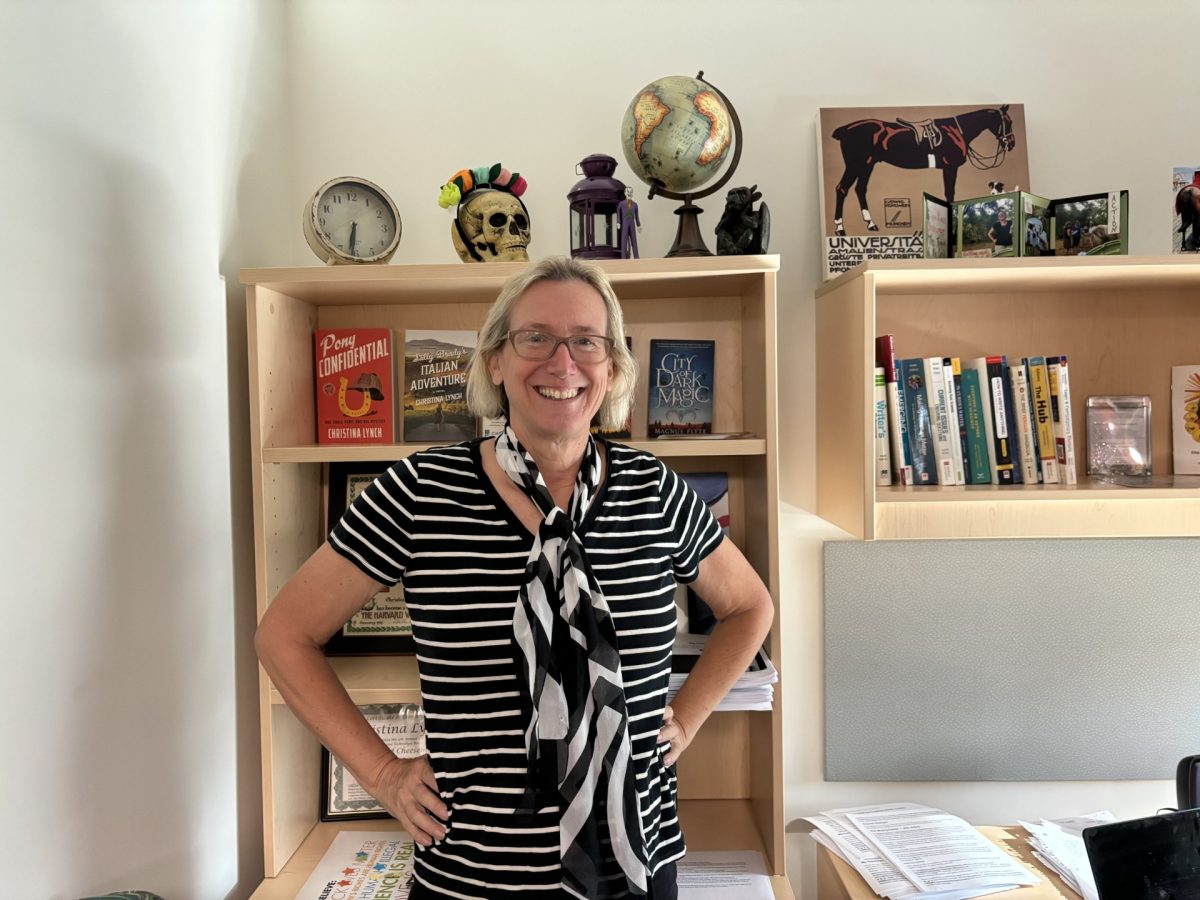
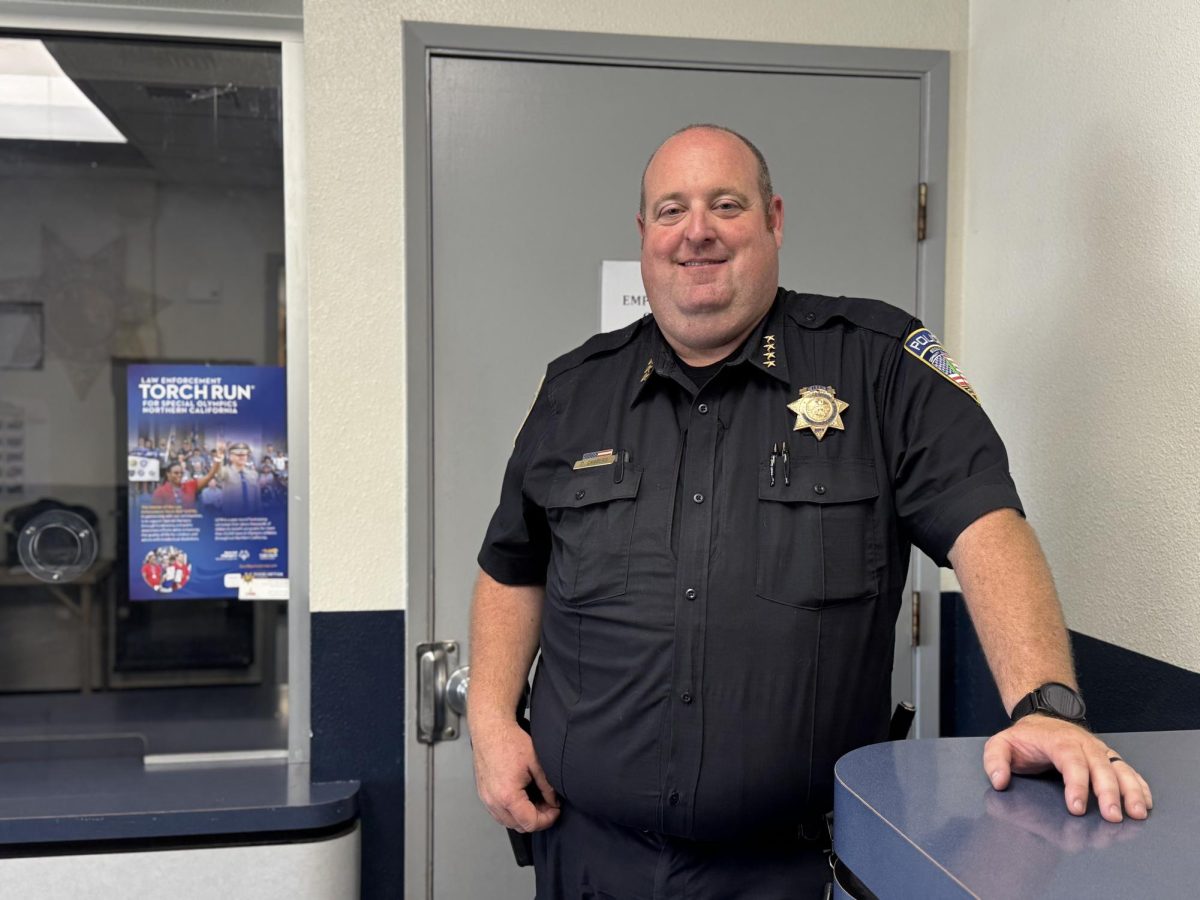

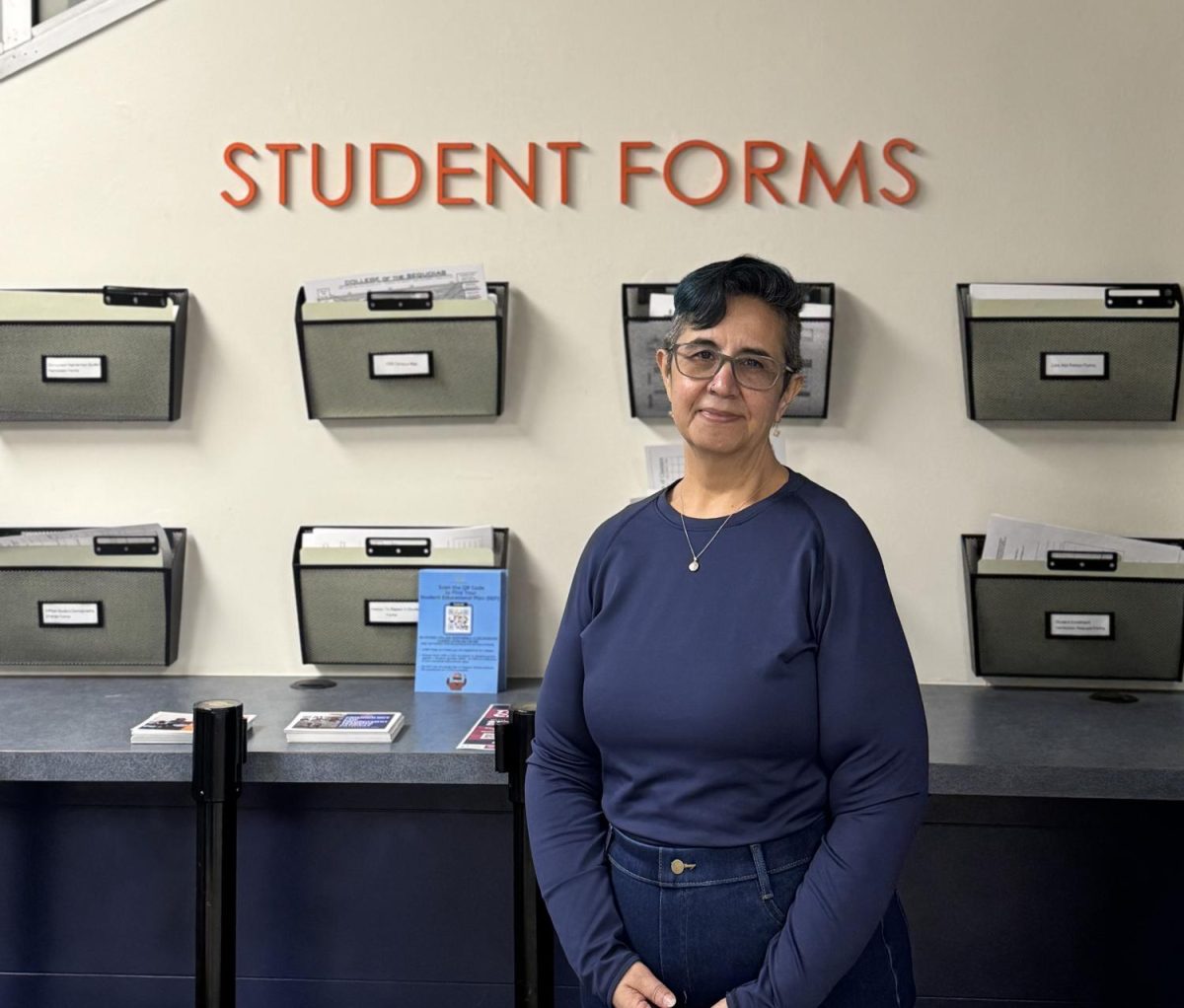

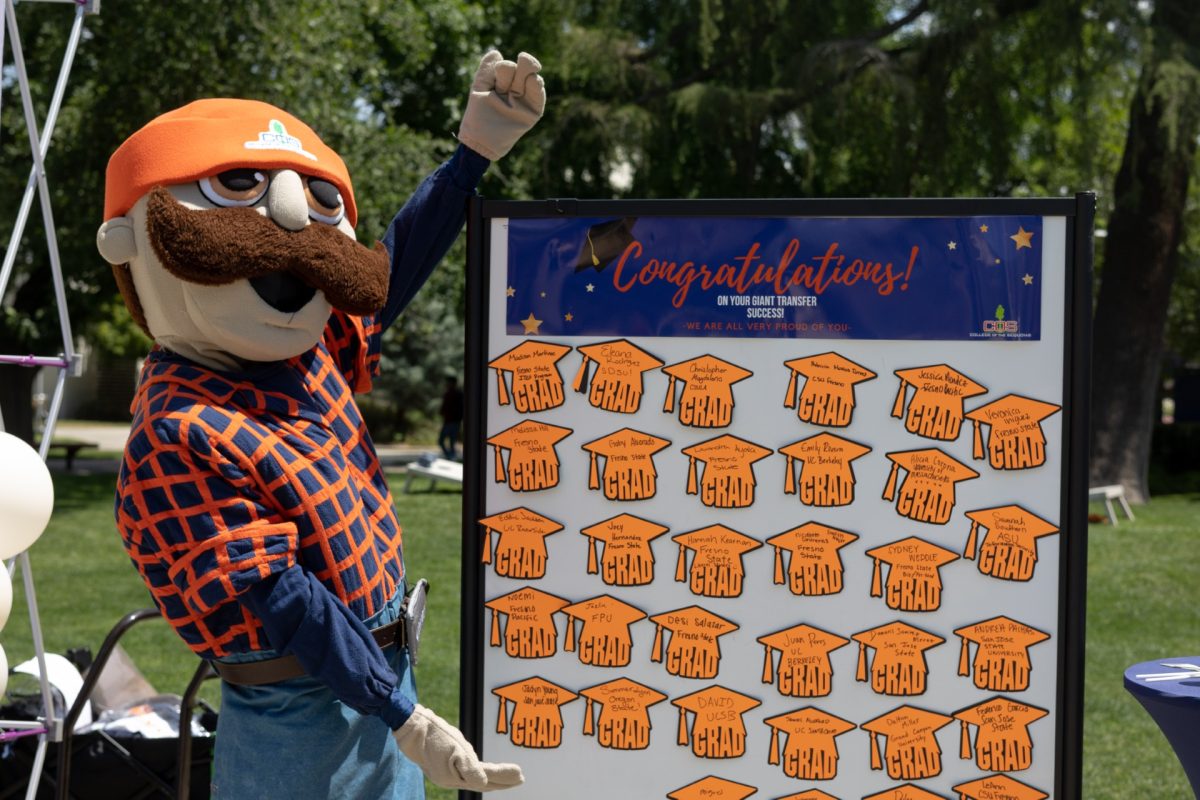

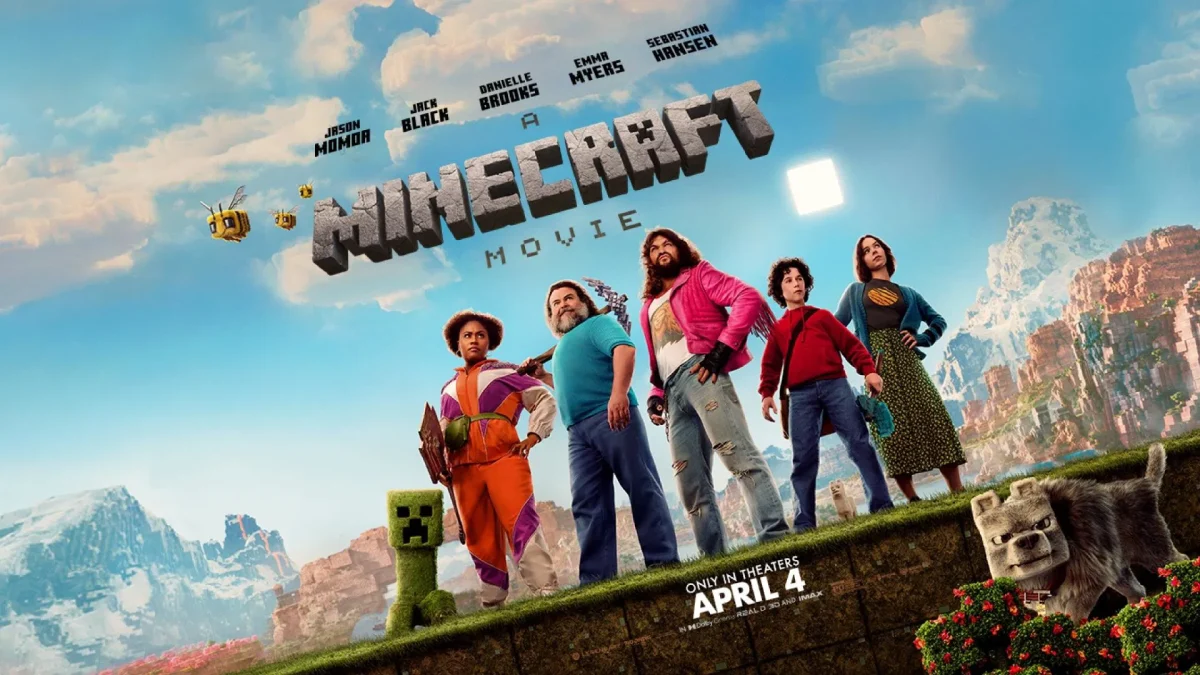
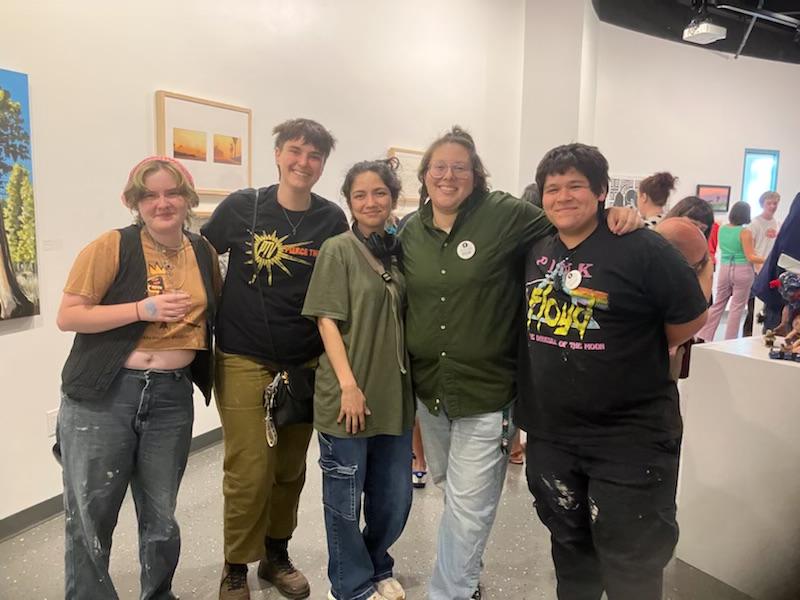

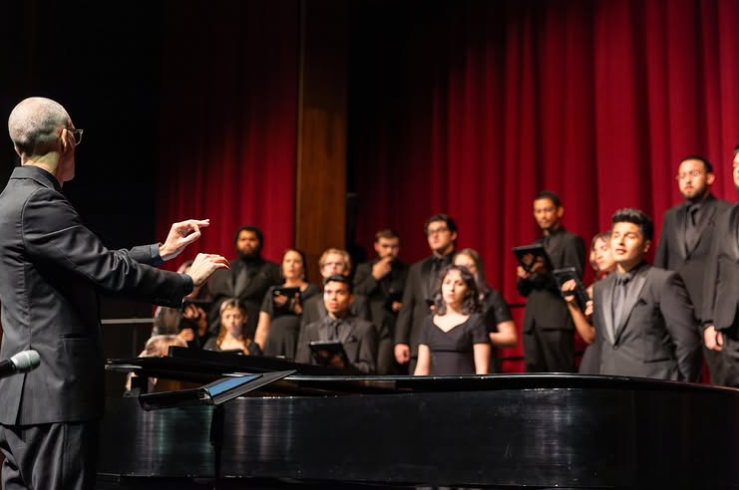

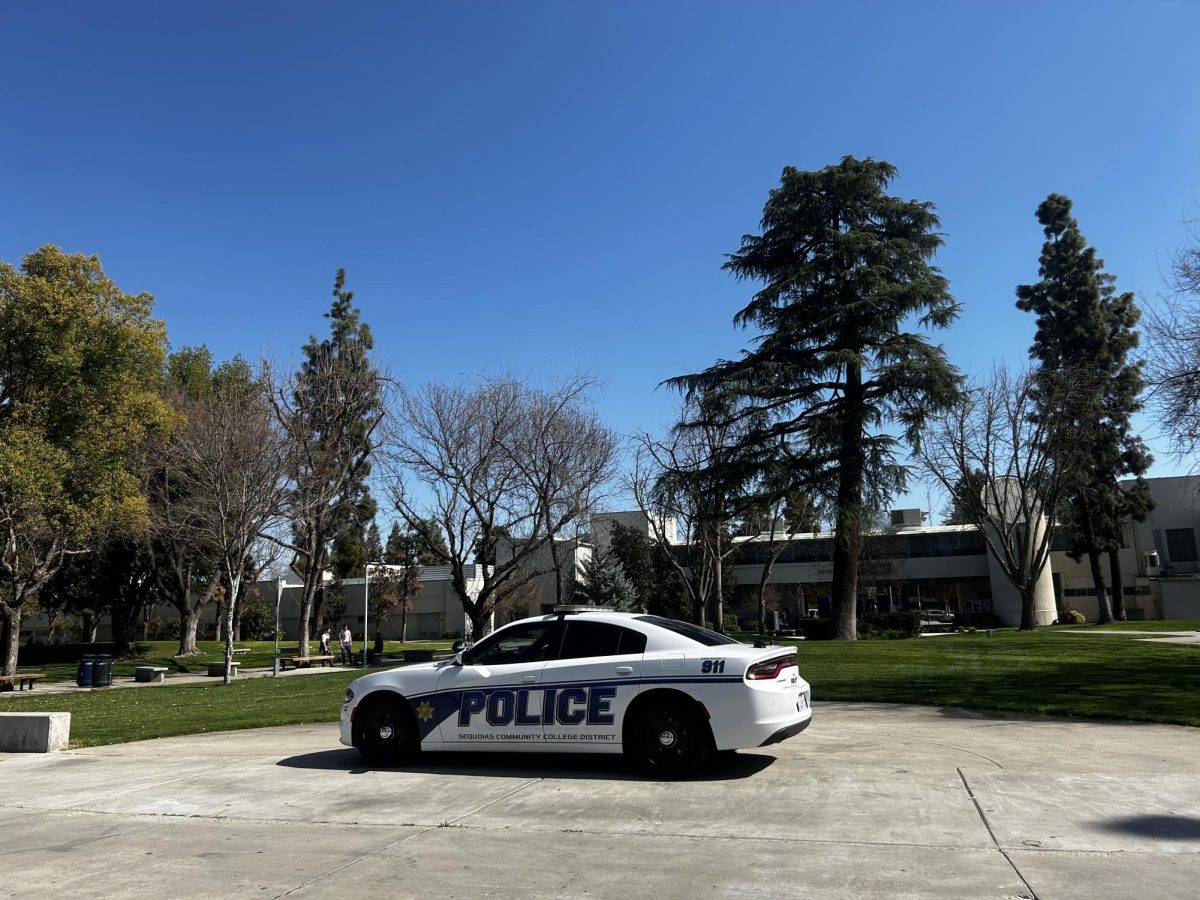
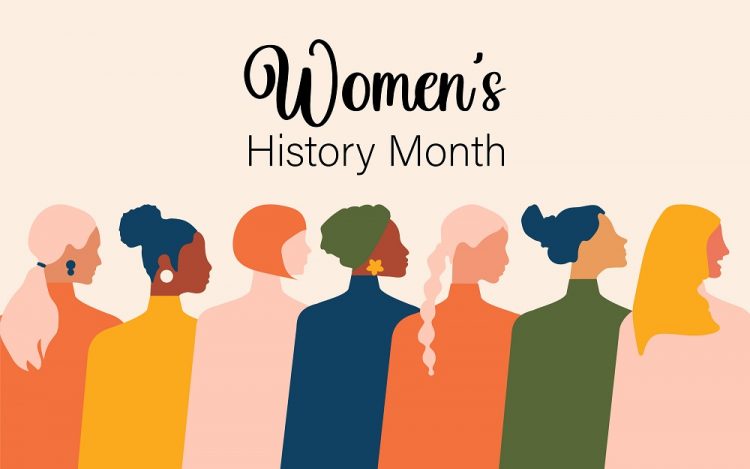
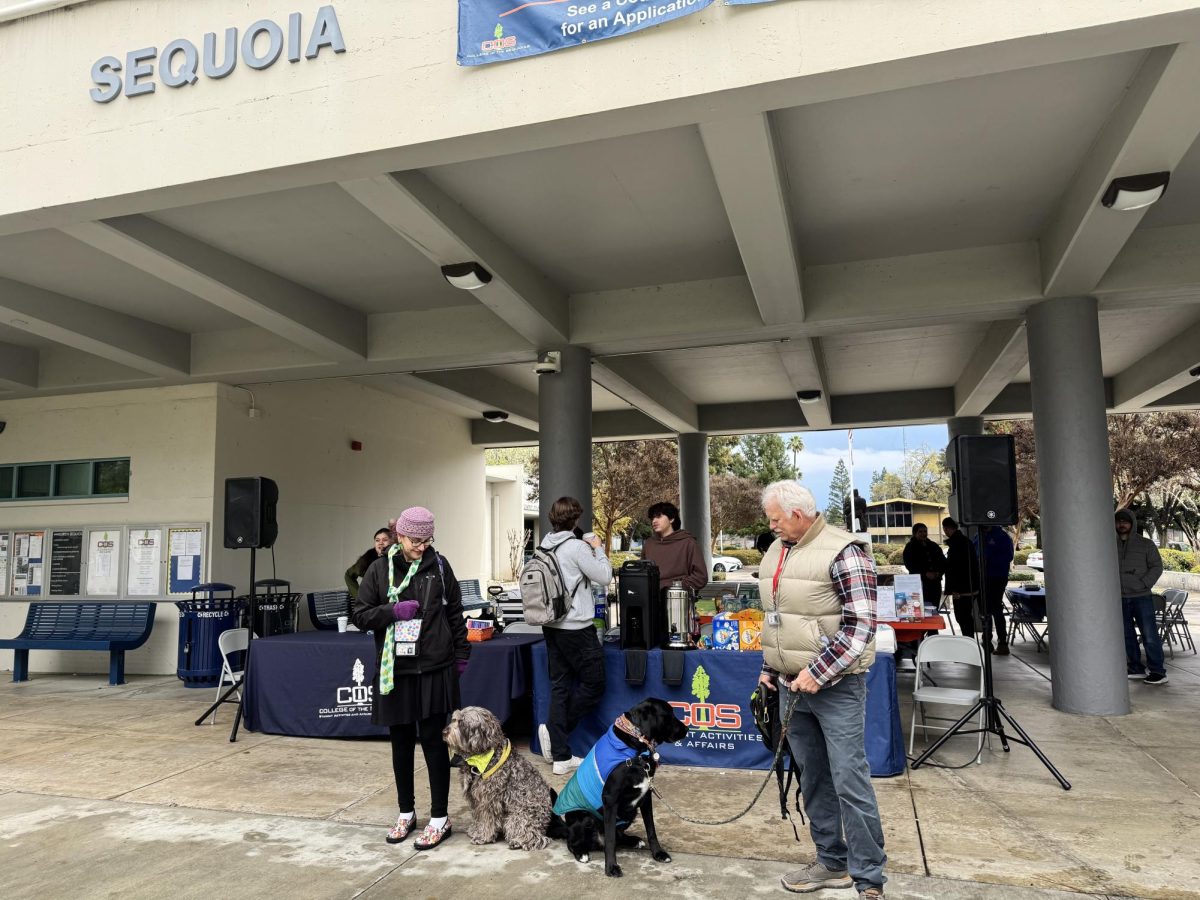

Aiden Ahlmeyer • Sep 17, 2024 at 8:39 PM
Very interesting!!!